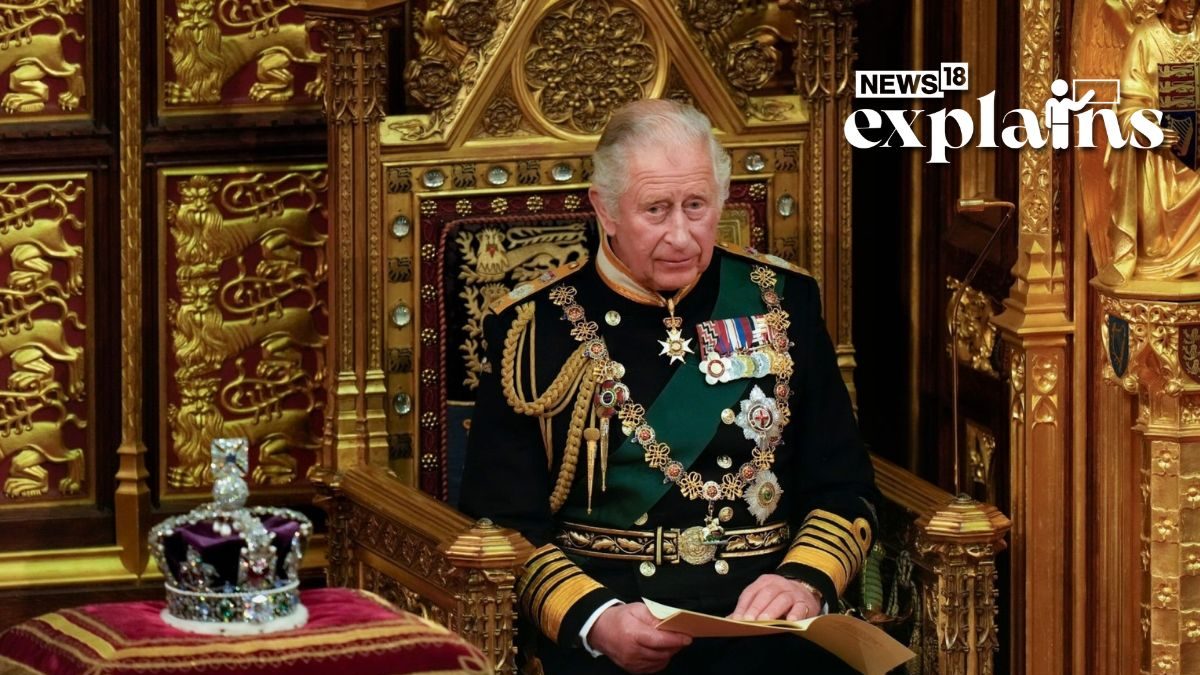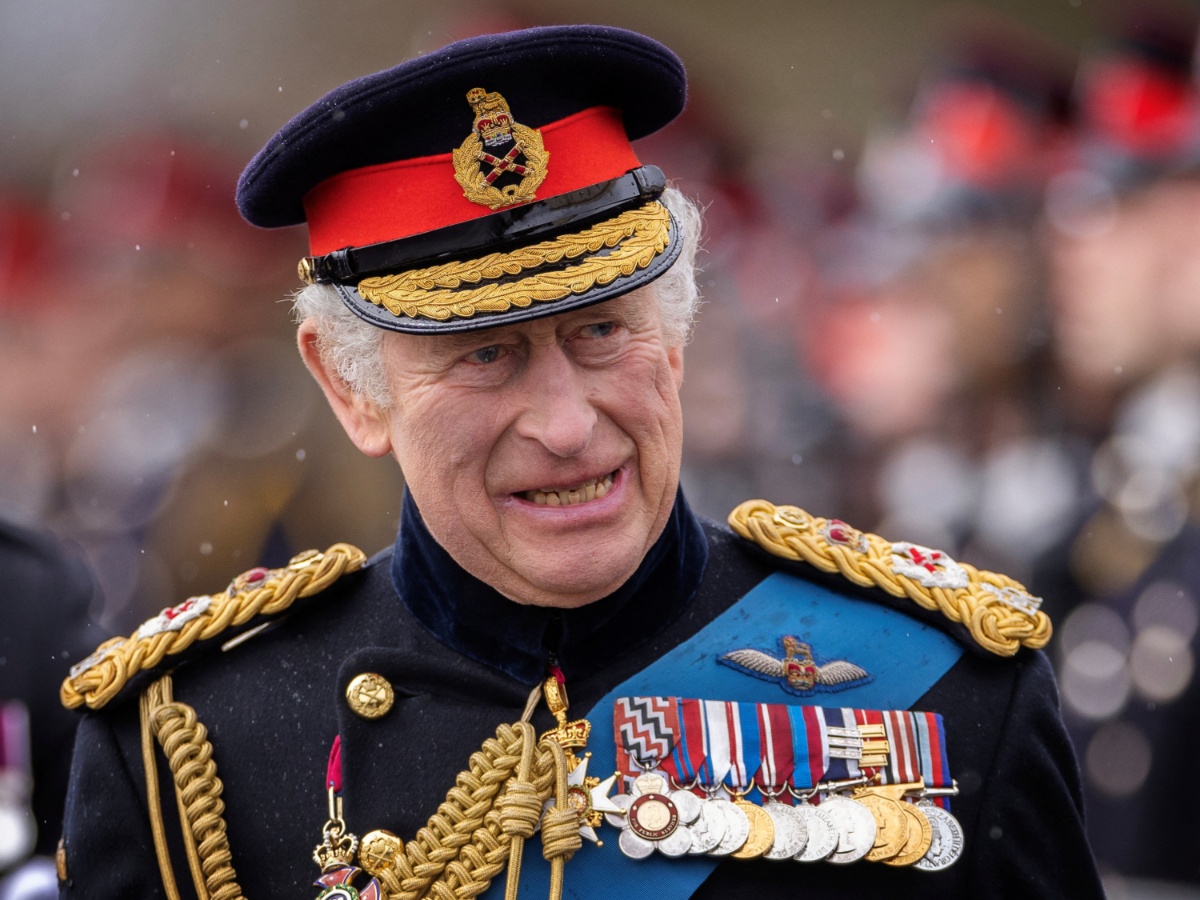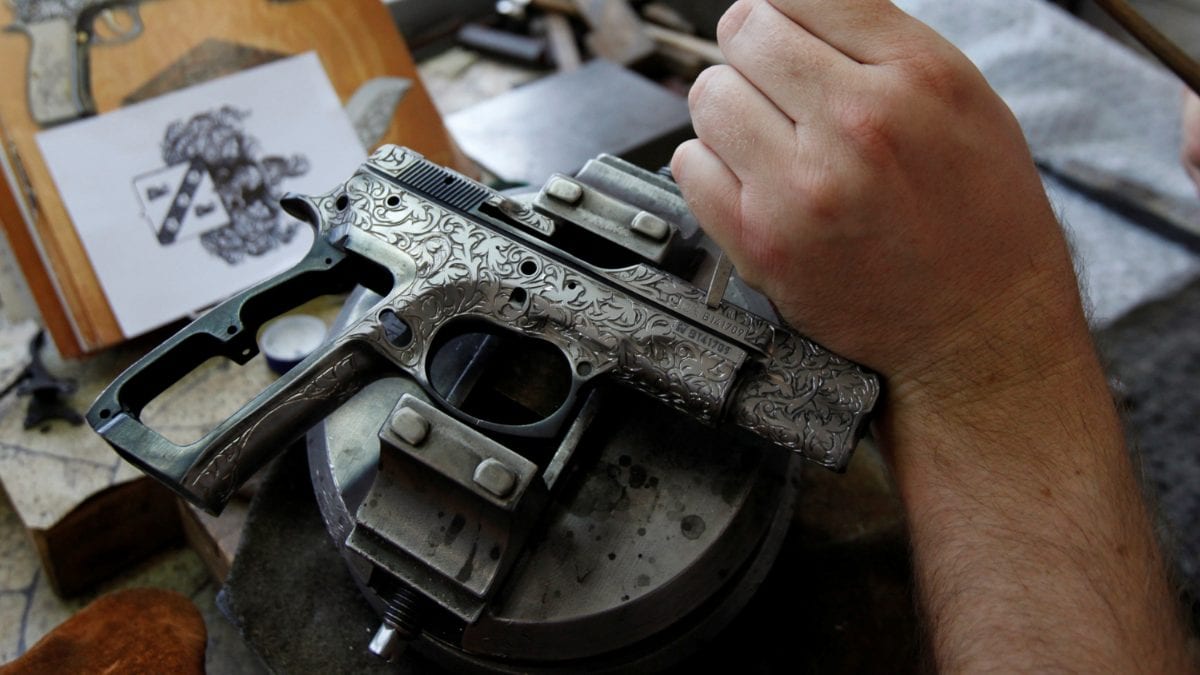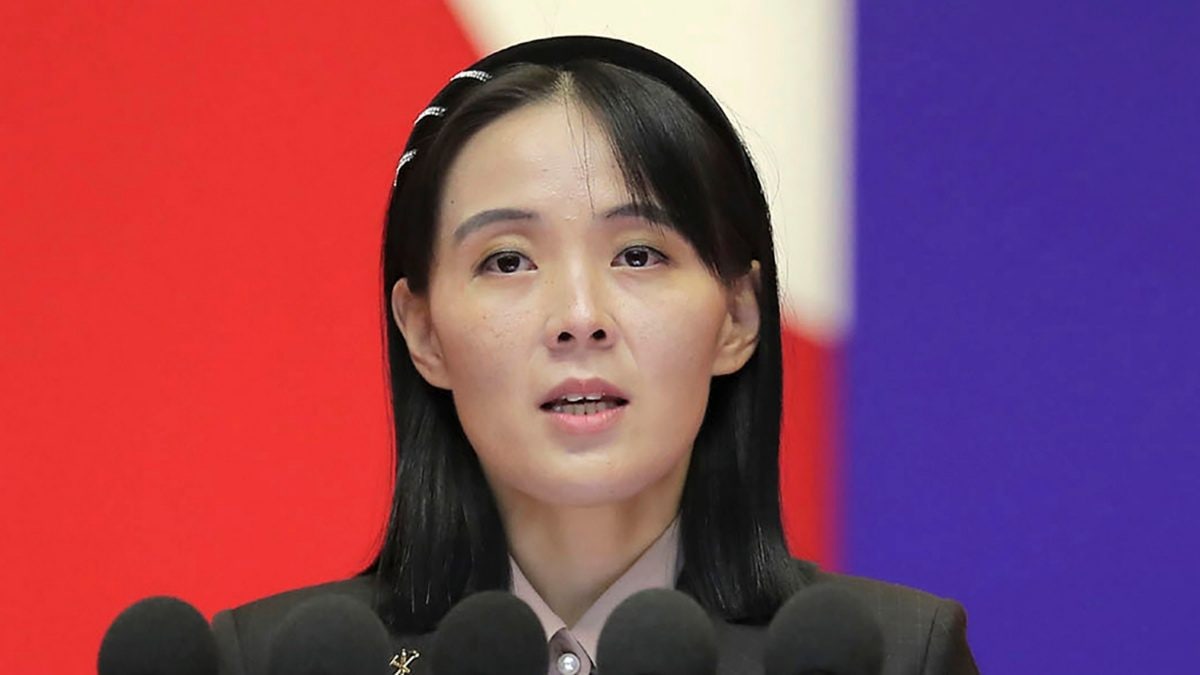The last coronation took place 70 years ago, in 1953, when huge crowds gathered to witness the official investiture of the king’s mother, Queen Elizabeth II. This time around, there appears to be little of the same public fervor, according to reports.
A poll in mid-April indicated almost two-thirds of Britons were not interested in the ceremony, unlike last year when Elizabeth celebrated her record 70 years on the throne, AFP reported.
“Fewer people are buying things than for the Jubilee,” a shopkeeper told AFP at his Walthamstow market stall, which sells £6 ($7.50) coronation cups and keyrings at £3. “There is less interest in this king.”
According to the report, public familiarity with Charles may be one of the reasons, taking the shine off his popularity after seven decades as heir apparent to the popular Elizabeth.
The elderly king, 74, and his wife Camilla, 75, also lack the youthful glamor of his eldest son and heir Prince William, 40, and William’s wife Kate, 41.
And the harsh financial realities, with inflation stubbornly stuck at double digits, have meant beleaguered Britons have other priorities than coronation trinkets.
However, Charles didn’t even enjoy as much public adoration as his former wife, the late Princess Diana. He has battled a series of public relations headaches stretching back decades, including accusations of being cold to his ever-popular first wife Diana.
Meanwhile, the depiction of his marital troubles in the hit Netflix series ‘The Crown’ is unlikely to have garnered much sympathy for Charles decades after that troubled time.
He has also been accused of interfering in politics on various topics spanning architecture, homeopathy and climate change.
‘Why do we have to pay?’
Nearby in the market, retired teacher Carole McNeil, 82, told AFP she was not ‘anti’ the monarchy but was angry at the cost of the sacre, which is paid by the taxpayer. “I will watch the ceremony, at least in part,” she said. “It costs too much… It should be a smaller ceremony.
“When you hear the amount of money they (the royal family) have. Why aren’t they paying themselves?”
Rose Veitch is a self-proclaimed Republican, but unlike some, she’s not going to take to the streets and demonstrate on Coronation Day.
“I’m not going to look. If the weather is nice, I’ll walk around the countryside trying not to think about the monarchy,” she says. Others are looking forward to a long weekend of festivities, culminating in a public holiday on May 10.
Peter Haseldine was five in 1953 and remembers being taken to The Mall, which leads to Buckingham Palace, to celebrate the new Queen.
“What a crowd!” he said. “God save the king!” his wife, Lynne Jones, intervenes. “I am a big supporter of the monarchy. The older generation is more united.”
It is complicated
While some people are for or against, there are others in the middle, like 25-year-old Louisa Keight.
“I haven’t thought of that yet,” she admits. “Maybe I’ll watch but from an academic perspective. My feelings towards the monarchy are complicated.
“I don’t think they should exist but since they are here…”
For Keight, who works in public relations, the Queen’s death last September was “the first step in the obsolescence of the royal family”. But she is sure of one thing at least: the holiday that closes the weekend of celebrations. .
“I’m very excited about the holiday!”
To mark the coronation, Britons were invited to hold block parties to foster a greater sense of community.
But even here there are ideological disputes. In part of north London, a proposal to hold a coronation party has lit up the local community’s WhatsApp group. A deal – of sorts – was finally reached with the monarchists holding their side and the “anti” brigade joining them later, according to the AFP report.
Charles’ unpopularity
Princess Diana’s story sparked horror in parts of the British establishment but won her public sympathy, which was only boosted after her death in a Paris car crash in 1997.
Charles has long been reviled both for the extramarital affair, which has been blamed for the breakup, and in part for the royal family’s initial mishandling of Diana’s death, when they were widely criticized for their heartless and out of step appearance with the public.
However, he gradually regained public support and reluctantly accepted that he found happiness with Camilla, whom he married in 2005.
Charles has courted controversy for speaking out and appearing to lobby politicians privately on various controversial public issues, from health to the environment.
In a now infamous series of letters between himself and government ministers, known as the “Black Spider” memos because of its scribbled handwriting, Charles questioned them on a range of topics.
Made public in 2015 after a decade-long legal battle by The Guardian newspaper, they included the fate of Patagonian toothfish and its famous modernist building plans.
Charles’s opposition to a bold new design first came to public attention in 1984 when he compared plans for alterations at the National Gallery in London to adding a “monstrous anthrax to the face of a very beloved and elegant friend”.
The disclosure of the ‘black spider’ letters sparked a backlash against the then-future king and concerns that he was overstepping his role.
However, in a 2018 interview marking his 70th birthday, Charles insisted he had never directly dabbled in party politics and understood the difference between being Prince of Wales and a monarch.
More recently, Charles has been embroiled in an alleged honors money scandal.
A series of newspaper revelations claimed his close aides coordinated work to grant royal honor and even British citizenship to a Saudi businessman who had donated large sums to restoration projects of special interest for Charles.
Michael Fawcett, his former valet who rose through the ranks to become chief executive of his charitable foundation, resigned in 2021 following the launch of an internal investigation into the accusations.
It was the latest claim to tarnish Fawcett – and, by association, Charles.
In 2003, Fawcett resigned after being accused of breaking palace rules and accepting valuable royal benefits.
He was later cleared of allegations of financial misconduct over the sale of unwanted royal gifts, but an internal report found several members of Charles’ household guilty of “serious misconduct”.
AFP contributed to this report
Read all the latest explanations here













